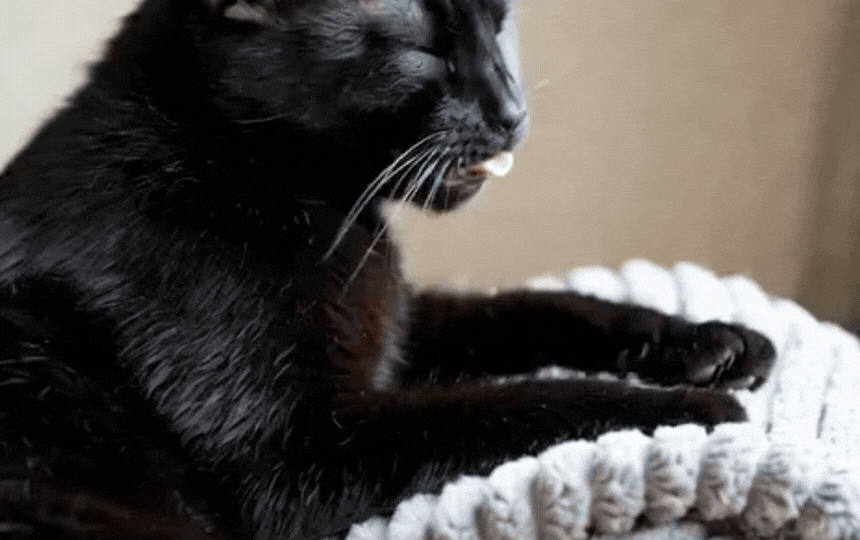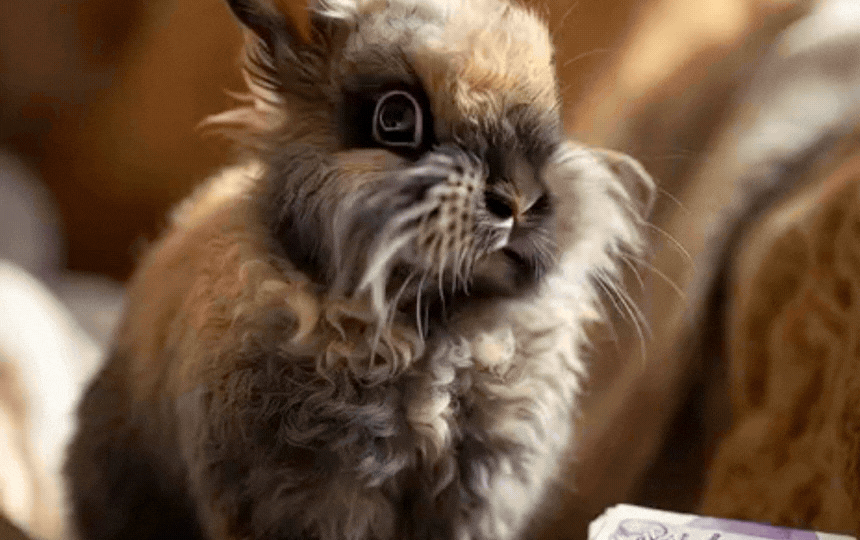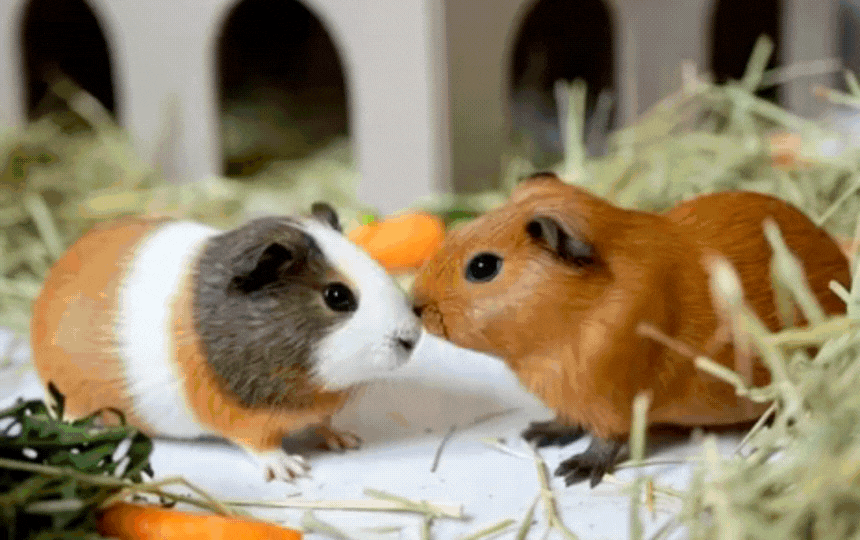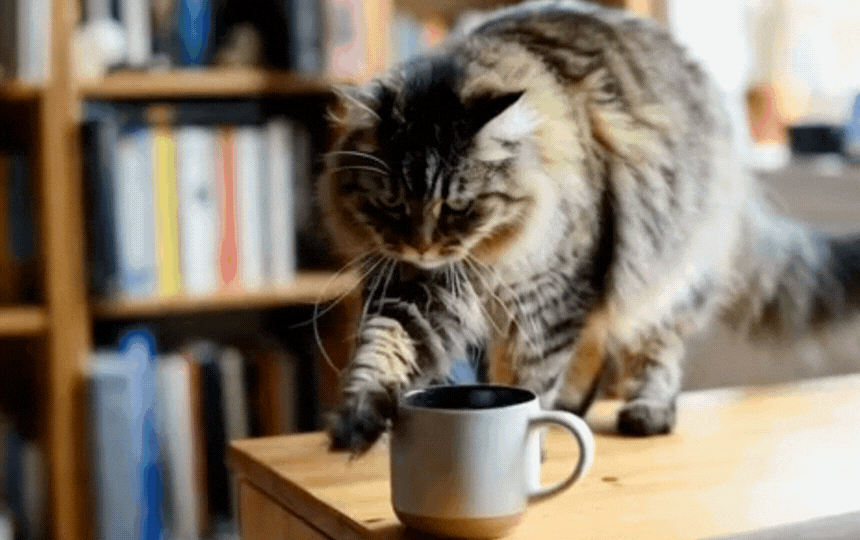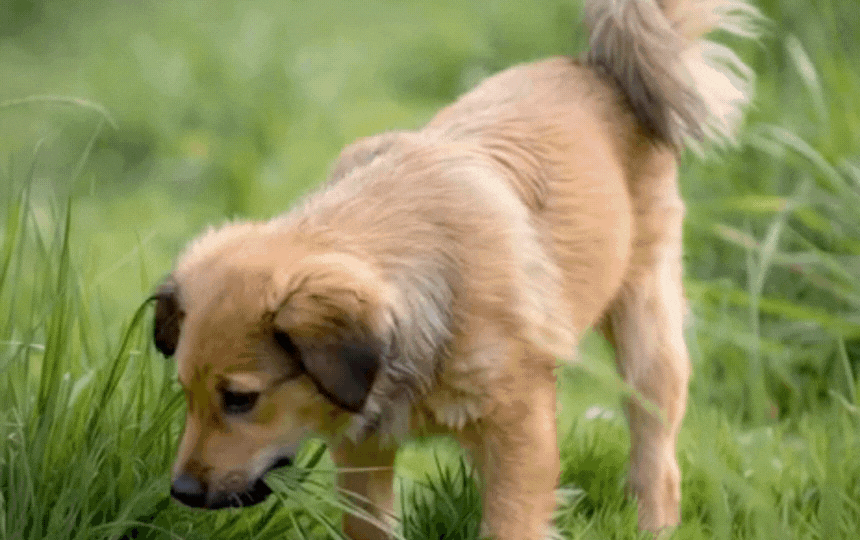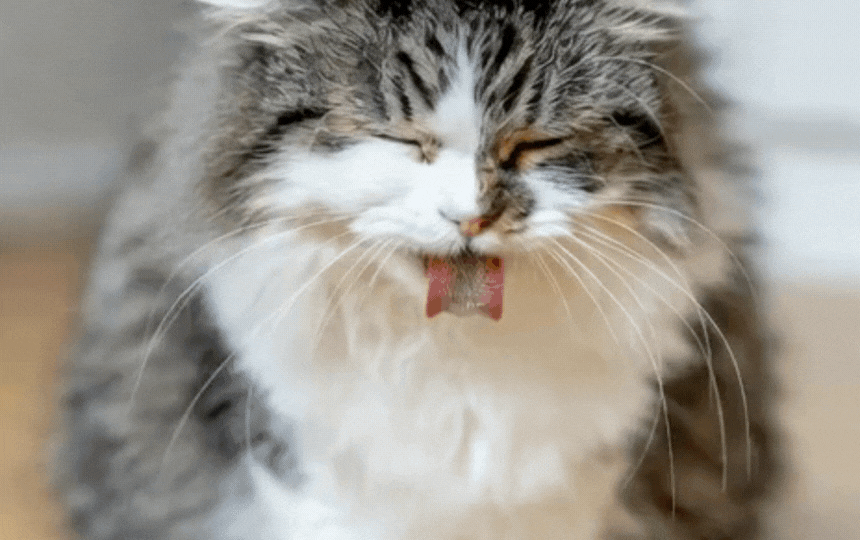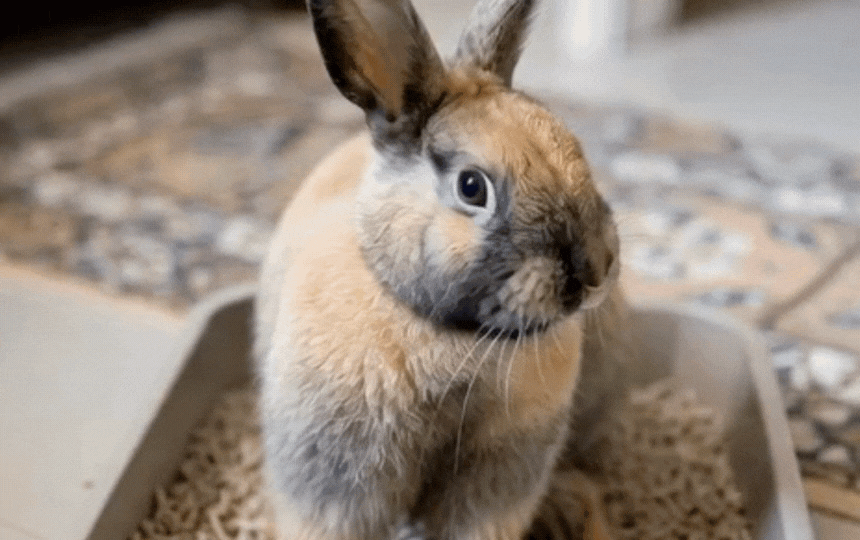World Kidney Day
9 March 2023 is World Kidney day and to mark the day we wanted to share some information from a 2018 iCatCare Conference on Kidney disease in cats and how to take care of them.

Chronic kidney disease is a common disease that affects over 30-40% of cats over 10 years old. This percentage is even higher in cats that are 15 years or older. Although the average lifespan of cats is roughly 12-14 years, more and more cats are now living beyond the age of 15 years (which roughly equates to a human age of 76).
My own cat is somewhere between 9-11 years old now – he is a rescue cat so we don’t know his exact age – and I know a lot of your cats are over 10 years old. As our cats enter into the senior stage of their life they are more prone to many diseases, chronic kidney disease being one of the most prevalent examples.
There is no cure for chronic kidney disease, but we can slow down the progression of the disease and cats with chronic kidney disease can still have a good quality of life.
Before discussing how we can help cats with kidney disease, let’s first briefly look at the most common symptoms of kidney disease: increased drinking and urination, reduced appetite, weight loss and lethargy. You may also notice vomiting or a bad breath.
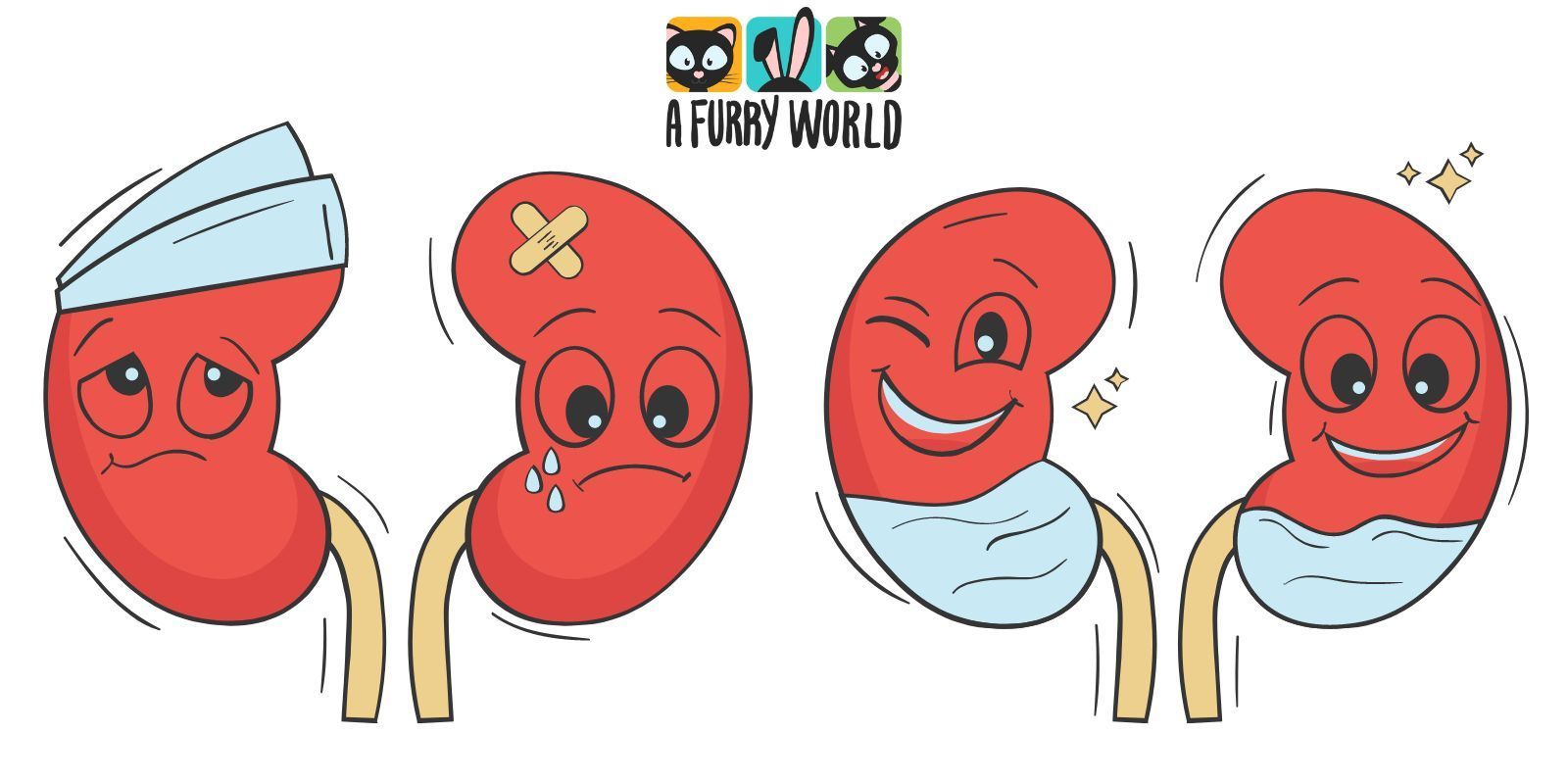
Chronic kidney disease is diagnosed through an analysis of blood and urine samples. The earlier the diagnosis, the better the prospects are of preventing further kidney injury, managing the complications and slowing the progression of the disease.
If your cat has kidney disease then your vet will discuss a plan of action with you. This will depend on the stage of progression of the disease and your cat’s specific complications. Treatment of chronic kidney disease will mainly focus on feeding your cat a specific type of diet as this is the only type of treatment we currently have that prolongs life in cats with chronic kidney disease.
What else can we do at home to make sure our cats are comfortable?
Make sure your cat is drinking plenty of water. Find out what your cat prefers. This could be drinking from a running tap or the shower, a water fountain or providing a different type of water bowl (most cats like drinking from a wide brimmed ceramic bowl. If your cat goes outside, put a ceramic bowl in the garden: quite a few cats prefer rainwater over tap water.
As cats with chronic kidney disease tend to urinate more often it is good to make sure you have multiple litter trays in various quiet places around the house. Some cats refuse to use a litter tray that isn’t clean. If you have multiple trays then your cat has multiple appropriate options when you’re at work.
And last, but not least: make sure their lives are as happy & stress-free as possible. Give your cat warm, comfortable places to hide & rest and engage with them: play with them, groom them, stroke them, etc. Remember though, you ill cat is still a cat and wants to be in charge of his life as much as possible: let him initiate the quantity and quality of your interaction and don’t overwhelm them with love.
For more information about kidney disease in cats see International Cat Care’s website.
THANK YOU
Thank you for reading this post. We hope that you found it helpful and hope to you visit this page again soon. For more information, fun facts and cute photos, please follow us on social media. ❤️
Disclosure & Disclaimer: Some of the links in this blog may be affiliate links, which means we earn a small commission if you click through and make a purchase. This comes at no additional cost to you but helps support the continued production of content. We only recommend products and services we believe will add value to our audience. The content provided is solely for informational purposes. Any advice provided is based on personal experience and research and may not be suitable for everyone. Before implementing any advice, please consult with a professional to ensure it's appropriate for your specific situation. Thank you for your support.

